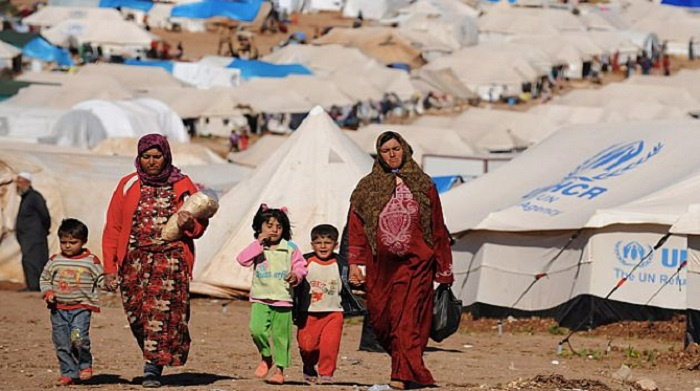A Pragmatic Solution for the Syrian Tragedy

Tehran and Moscow have significant geopolitical interests in Syria and, as pro-Assad states, they have made extensive efforts to resolve the Syrian crisis through a political strategy. Diplomatic travel between Iran, Russia, and Syria has increased in recent months. Tehran and Moscow have offered some solutions to settle the crisis. The most recent one is Tehran's four-point proposal.
According to some media outlets, including Al-Mayadin, this proposal consists of: establishing a prompt ceasefire, forming a national unity government, amending Syria's constitution with regards to the agreement, assuring ethnic-religious groups of being considered in the political structure, and finally, holding elections under international supervision. Assuming that Iran's initiative has been upgraded, the important point is whether extremist groups such as the al-Nusra Front, Ahrar al-Shaam and even ISIS understand the concept of a ceasefire and whether they would obey the demands of any country. What would the distribution rate of Assad’s opponents and supporters be in Syria's national unity government? And more importantly, where would Assad’s place be in the next Syrian government?
It seems that Tehran has blacked out Assad’s fate in its proposal. Emphasizing a political solution to resolve the Syrian crisis in a press conference in Spain on September 7, Javad Zarif, Iran’s Foreign Minister, did not point to Assad’s fate: "Only the Syrian people have the right to make a decision. Those who set conditions for the Syrian presidency during the last three years are mainly responsible for the continuation of the Syrian Civil War".
While some among the press have announced Iran’s gradual shift to a Syria without Assad especially in Rohani’s administration, the Russians are reluctant about Assad’s resignation or they have at least left it undiscussed. In a meeting with Zarif, Lavrov rejected any peace proposal implying Assad’s resignation. Russia’s President contended in a press conference on September 4, 2015: "The Syrian President agrees with holding an early parliamentary election and being in contact with the opposition and asking them to be part of the government". Putin’s assertion means that Bashar Assad intends to implement political reform and does not have any intention to resign for the time being.
Assuming the victory of the international alliance over ISIS, would others among the Syrian opposition be ready to accept a peace plan which would mean Assad’s power remaining unscathed? The answer is of course negative. This situation defines the civil war’s continuation and the ongoing tragedy. On the other side, Assad opponents have reached Zabadani and Assad’s army seems to be further weakened. Undoubtedly, without Hezbollah’s support, Damascus would have already been conquered by the opposition forces.
Therefore, the only way is to divide Syria into two countries: Western Syria with Damascus as the capital and including the entire Mediterranean coast, including the Alawis, the Shiites, Christians and moderate Sunnis, and Eastern Syria with Raqqah or Aleppo as the capital and with a Sunni and Kurd majority. However Syrian Kurds will not easily accept the domination of an Arab Sunni population unless they are provided with significant concessions. Thus, a pattern like that in East and West Germany would be applied in Syria for the beneficiaries to be satisfied, for people not to suffer and for Tehran and Moscow to maintain their geopolitical interests. The division of nations with a Muslim majority works in the Zionists’ favor, while a united Syria is what Iran and Russia are seeking. But which pragmatic plan will be able to end the Syrian crisis?
Translated by: Parisa Farhadi

